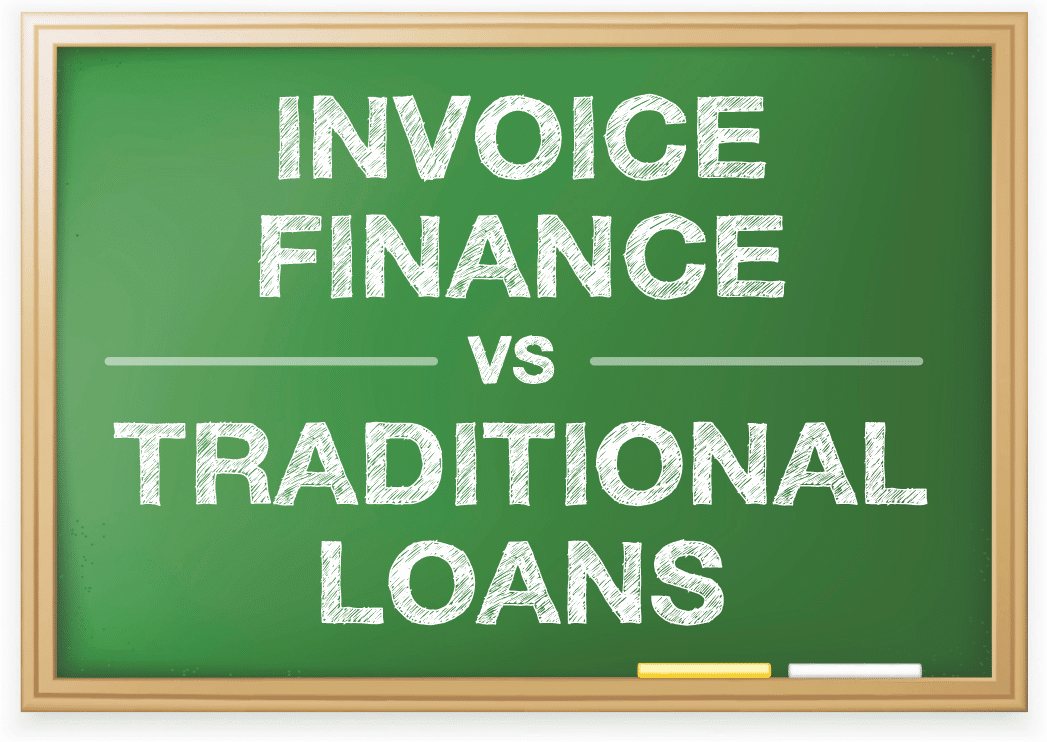Invoice Finance vs. Traditional Loans: Which Is Right for Your Business?
Managing your cash flow is one of your biggest challenges as a business owner. It would be best to have cash on hand to pay your bills, pay your employees, and invest in your business. However, sometimes, you may find yourself in a situation where you need access to cash quickly. In such a situation, you may consider taking out a loan.
You have two options for business loans: traditional loans and invoice finance. Traditional loans are the most common type of business loan. You borrow a fixed amount from a bank or other financial institution and pay it back with interest.
On the other hand, invoice finance is a type of financing where you receive an advance on your outstanding invoices. You can receive cash upfront from a financing company instead of waiting for your customers to pay you.
So, which option is right for your business? Let’s take a closer look at invoice finance vs. traditional loans.
Invoice Finance:
Invoice finance can be a good option if outstanding invoices are due shortly. With invoice finance, you can receive cash up front, which can help you manage your cash flow. The financing company will typically advance you between 70% and 90% of the value of your invoices. Once your customers pay their invoices, the financing company will deduct their fees and give you the remaining balance.
One of the benefits of invoice finance is that it’s often easier to obtain than traditional loans. The financing company is more interested in your customers’ creditworthiness than your credit score. Even with poor credit, you may still be eligible for invoice finance.
Traditional Loans:
Traditional loans are a good option if you need a lot of money upfront. Banks and financial institutions typically lend you a fixed amount of money with a set interest rate. You’ll need to repay the loan over time, usually monthly.
One of the benefits of traditional loans is that they often have lower interest rates than invoice finance. This means that you’ll pay less in interest over time. Additionally, conventional loans can be a good option if you need to invest in your business, such as buying equipment or expanding your operations.
However, traditional loans can be more challenging to obtain than invoice finance. Banks and financial institutions typically require a good credit score, a detailed business plan, and collateral.
So, which option is right for your business? It depends on your specific situation. Invoice finance may be the right option if you need cash quickly and have outstanding invoices. A traditional loan may be better if you need a lot of money upfront and have good credit and collateral.
In conclusion, as a business owner, it’s important to understand your financing options and choose the one that best meets your needs. By weighing the pros and cons of invoice finance and traditional loans, you can make an informed decision that will help your business grow and thrive.
Please call the Sterling Commercial Finance Team to discuss unlocking cash flow for your business on 0115 9849800 or email info@sterlingcommercialfinance.co.uk
This site covers Business Finance and Property Finance. Visit Sterling Capital Reserve for our Corporate Finance services




